Heroes, chivalry, martial arts, and adventure–these are the typical characteristics of wuxia stories. Wuxia, a genre unique to Chinese culture, is best understood as a mix between the martial arts and adventure genres.
Famous wuxia stories include Louis Cha’s The Condor Heroes Trilogy. These stories are often adapted into movies and television remakes. Like any other genre, wuxia stories tend to have identifiable characteristics, and some of these characteristics reflect aspects of Chinese culture, making them easy for a Chinese audience to identify with.
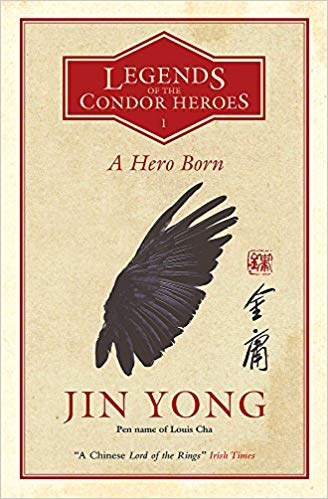
For example, the world of wuxia tends to revolve around “Jianghu.” Literally translated as “river and lake,” Jianghu is the fictional community where martial artists roam. When in Jianghu, the martial artists must obey its customs.
Namely, they must eradicate evil, be chivalrous, and return favors. While there are lone wolves in Jianghu, there are also martial arts sects. These sects are typically founded by wise, elderly martial artists, and are the main institutions in which to learn martial arts.
Once sworn under a sect, the martial artist is expected to be loyal to his/her sect. Altogether, the sects and lone wolves compete to survive and earn their place as the most powerful in all of Jianghu.
In the world of Jianghu, most martial artists are swordsmen. Swordplay is commonly practiced, and different sects have their own variations of swordplay.
In wuxia stories, swordplay tends to be quick and graceful, but can be deadly at the same time. In “xianxia” stories, which are a fantasy variation of wuxia stories, swords often contain a spirit of their own, and can have special powers.
Wuxia stories also feature a “hero” protagonist. The protagonist, typically male, has a strong sense of justice. He is compassionate, and helps the weak, all while demonstrating filial piety (in Chinese culture, filial piety means respect and obedience towards one’s parents and elders.)
Along his journey, the wuxia hero may exchange blows with elders that stray from the path of good. Even then, he must show a degree of respect towards them.
For example, in “The Legend of the Condor Heroes”, the protagonist Guo Jing respects even senior antagonists by addressing them as “qiánbèi.” This phrase, which literally translates to “senior” or “previous generation,” acknowledges that the person in question is the protagonist’s senior.
At the same time, the protagonist demonstrates filial piety through commitment to their shifu (or “teacher”). To the protagonist, a shifu is like another parent, and the shifu’s word is law. If the protagonist were to go against his shifu, he would be deemed as an ingrate.
The concepts of duality and balance are also popular in Chinese culture, and they surface in wuxia stories too. Part of what makes wuxia stories engaging and disputable is the complexity of the antagonists.
The antagonists have a backstory of their own, and as the story progresses, the audience learns how the antagonist came to their current path. By showing the antagonist’s duality, wuxia stories show how they too are humans with emotions and desires.
They are driven by their own values. They are strong, but also have their own weaknesses and insecurities. With wuxia antagonists, it goes beyond a question of good and evil.
Instead, antagonists are defined by the choices they make. As a result, wuxia stories feature complex relationships and conflicts that engage the audience.
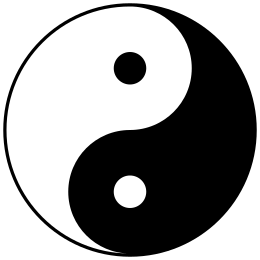
Nowadays, wuxia stories are widespread throughout China. One of the reasons why they have become such a popular genre lies in their themes. Wuxia features solidarity while highlighting the complexity of human nature.
It encourages the audience to think twice about the characters and their choices. The concept of Jianghu also captures the imagination of Chinese audiences by offering a world where we can be who we want to be and defend our values.
Through wuxia stories, we can explore our dreams of heroism. If you want to understand traditional Chinese values and culture, wuxia stories are a great way to do so. Here’s a list of some classics by Louis Cha for your convenience:
- Condor Heroes Trilogy: The Legend of the Condor Heroes, Return of the Condor Heroes, Heavenly Sword and Dragon Slaying Saber
- Demi-Gods and Semi-Devils
- The Deer and Cauldron
- The Smiling, Proud Wanderer
[zombify_post]

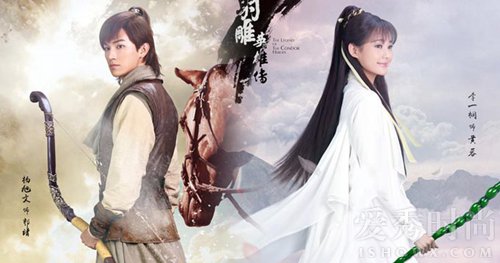
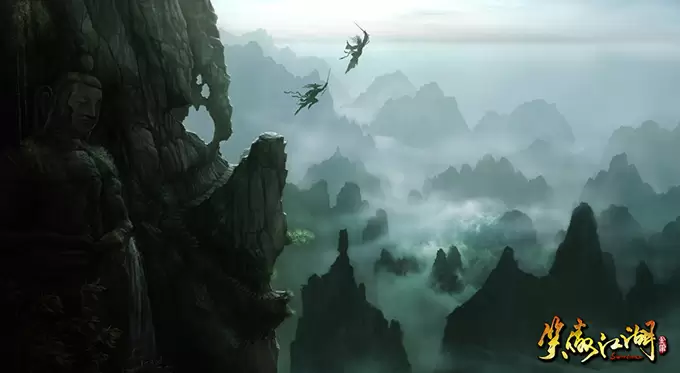
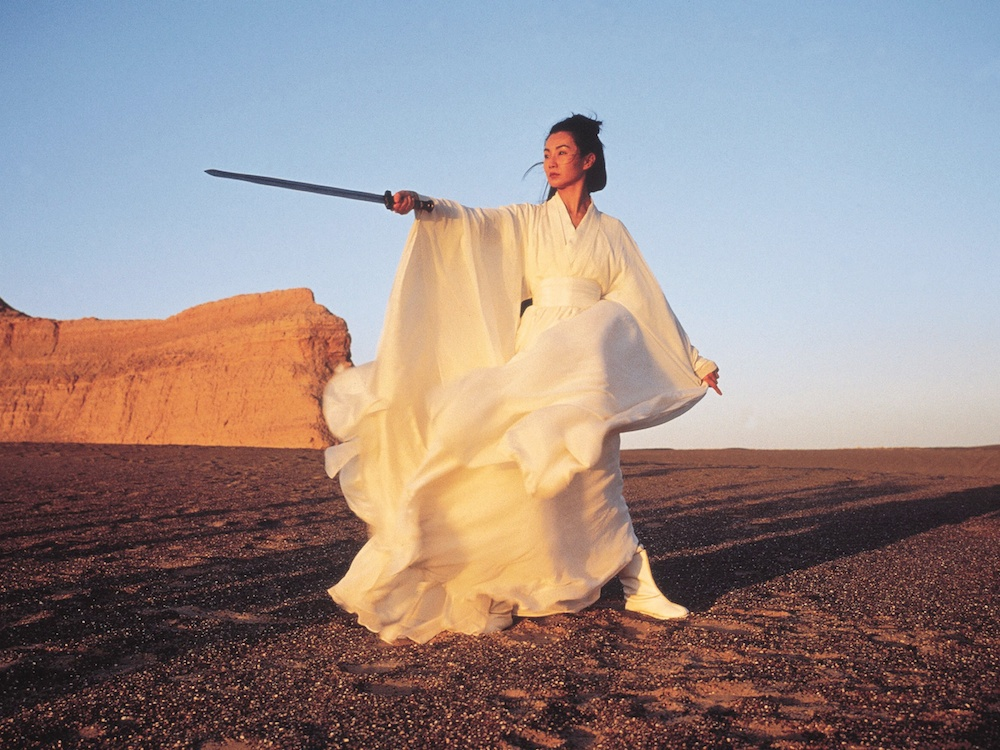
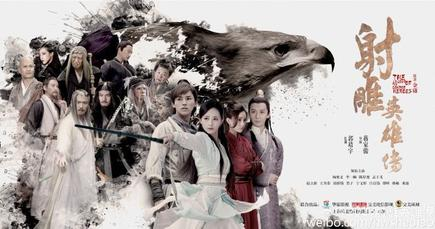
0 Comments